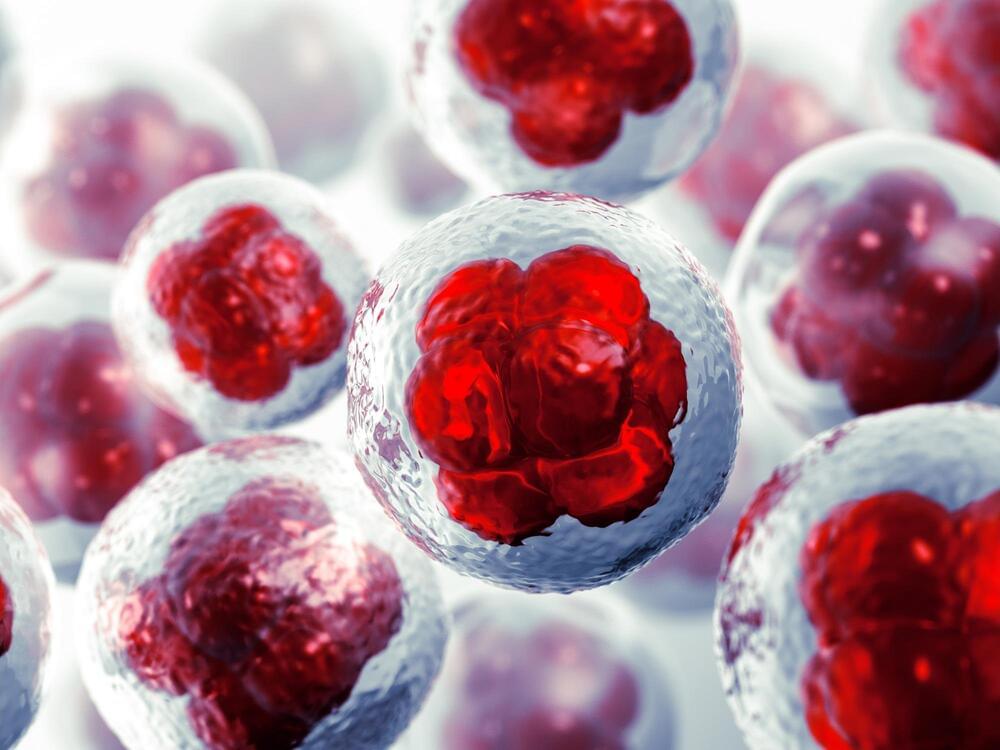Mount Sinai researchers discovered that harmine, a beta cell regenerative drug, may transform alpha cells into beta cells, offering scalable diabetes treatment options for millions.
Researchers and bioinformaticians at the Icahn School of Medicine at Mount Sinai have unveiled new insights into the mechanisms behind human beta cell regenerative drugs, offering a potential breakthrough for the over 500 million people worldwide living with diabetes. These findings, recently published in Cell Reports Medicine, could mark a significant step forward in diabetes treatment.
Diabetes occurs when pancreatic beta cells lose their ability to produce insulin, a hormone critical for maintaining healthy blood sugar levels. Despite significant advancements, there are still no widely scalable therapeutic solutions capable of addressing the global diabetes crisis.
